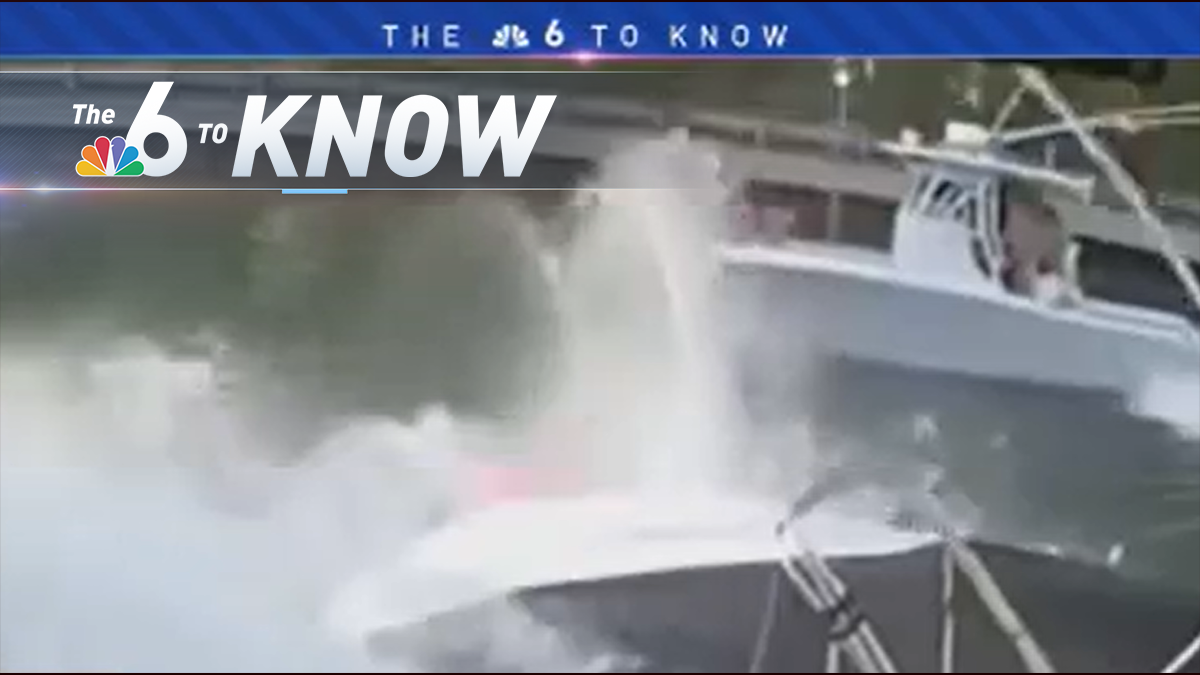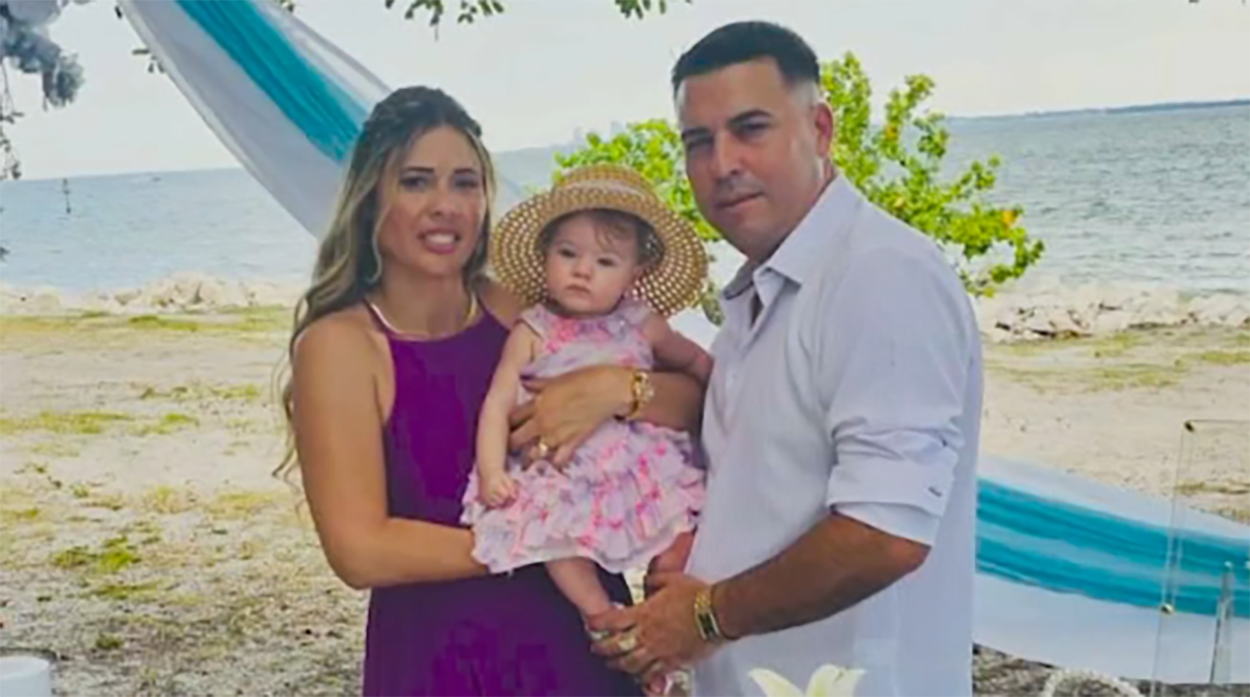
Hundreds gathered in Downtown Miami Wednesday to protest against immigration policies. NBC 6 Reporter Laura Rodriguez has more.
Seventeen Florida law enforcement agencies have agreed to cooperate with the federal government on immigration enforcement, offering what officials say is a template that can be used nationwide to overcome legal obstacles preventing tight working relationships.
The new plan will eventually be rolled out nationwide, although it remains to be seen how many law enforcement agencies will volunteer.
During a news conference Wednesday, U.S. Immigration and Customs Enforcement deputy director Thomas Homan and law enforcement from several Florida sheriffs' agencies said the new protocol will allow jail operators to legally comply with federal detainer requests that have drawn lawsuits. Essentially, the local agencies will hold immigrants who have been arrested for other crimes and are in the country illegally, in custody for ICE.
Officials stressed that the policy targets immigrants with criminal records, or those who have been arrested. The aim is to prevent the release of criminals back into the community, they said, citing cases where an immigrant facing a removal order was released from custody pending deportation, and committed crimes.
Matthew Albence, the Executive Associate Director of ICE's enforcement removal operations, said 92 percent of the people arrested by the agency in fiscal year 2017 were either convicted of a crime, charged with a criminal offense, removed from the country and re-entered, or ordered removed and then fled.
"This is not about people who are simply here illegally," said Pinellas County Sheriff Bob Gualtieri. "This is not about politics and illegal immigration."
Officials say a 2014 court ruling regarding ICE detainer requests did not give jail operators legal authority to hold inmates after they resolved their local charges. The courts said holding the inmates violated the detainee's Fourth Amendment protection against illegal search and seizures.
Local
The 17 agreements expand a program known as 287(g), a section of the Immigration and Nationality Act that allows the Department of Homeland Security to train local and state law enforcement to work as federal immigration officers. Within a week of taking office, President Donald Trump ordered that 287(g) and other mechanisms for more local cooperation be used.
The new agreements come amid growing tension between the Trump administration and states and local governments over "sanctuary" policies that limit local cooperation with immigration authorities. The Florida jurisdictions join dozens of others on the other end of the policy spectrum who are eager to work with ICE, primarily in Texas, Arizona, the South and Northeast.
Polk County, Florida, Sheriff Grady Judd referred to several cases that his deputies worked, including one of an immigrant living in the country illegally who was arrested and released from local jails five times. While his cases went through the court system, he drove a car illegally and struck and killed a man on a scooter, Judd said.
"I want you to ask my victim's family if he should have been here," the sheriff said.
According to the details announced Wednesday, ICE will now send jail officials three documents: a detainer request based on a probable cause finding; an arrest warrant; and a booking form to allow the local jail personnel to rebook the inmate on the ICE warrant.
Gualtieri said the inmate then becomes a federal detainee — similar to when local jails hold people for the Drug Enforcement Administration, FBI or U.S. Marshals Service. Sheriffs will be paid up to $50 to hold the inmate for up to 48 hours.
The American Civil Liberties Union says the new protocol still is legally problematic and could lead to civil rights violations.
"This plan is simply a repackaging of failed detainer policies that leaves sheriffs and jails on the hook for civil rights violations," Omar Jadwat, director of the American Civil Liberties Union's Immigrants' Rights Project, said in a statement.
"Nothing announced today addresses the basic legal problems with detainers that courts have repeatedly recognized, and this is yet another example of the Trump administration running roughshod over the law in pursuit of its mass deportation agenda."



